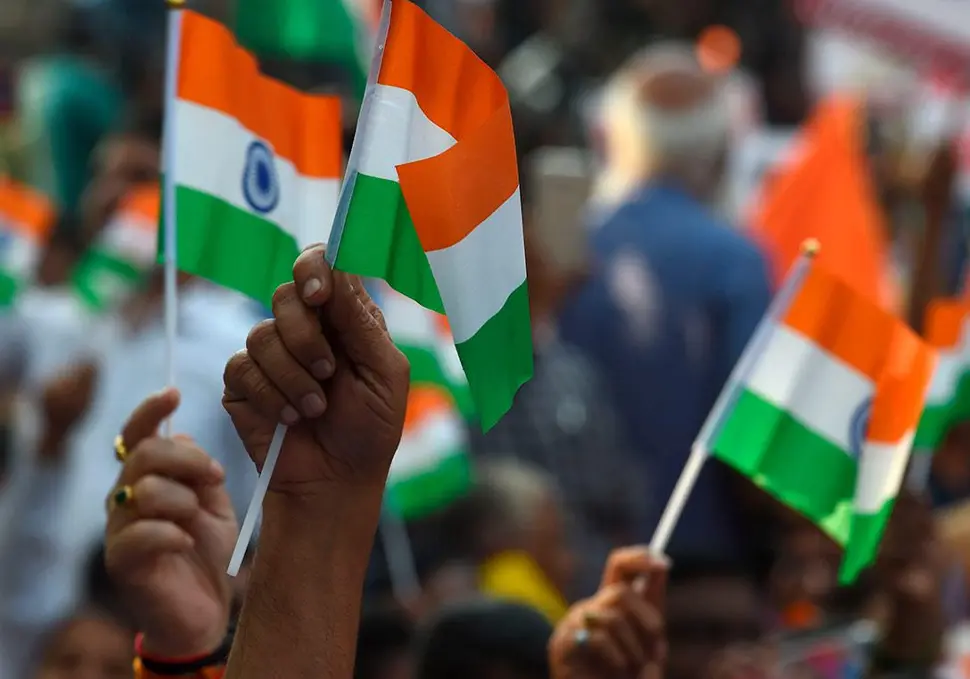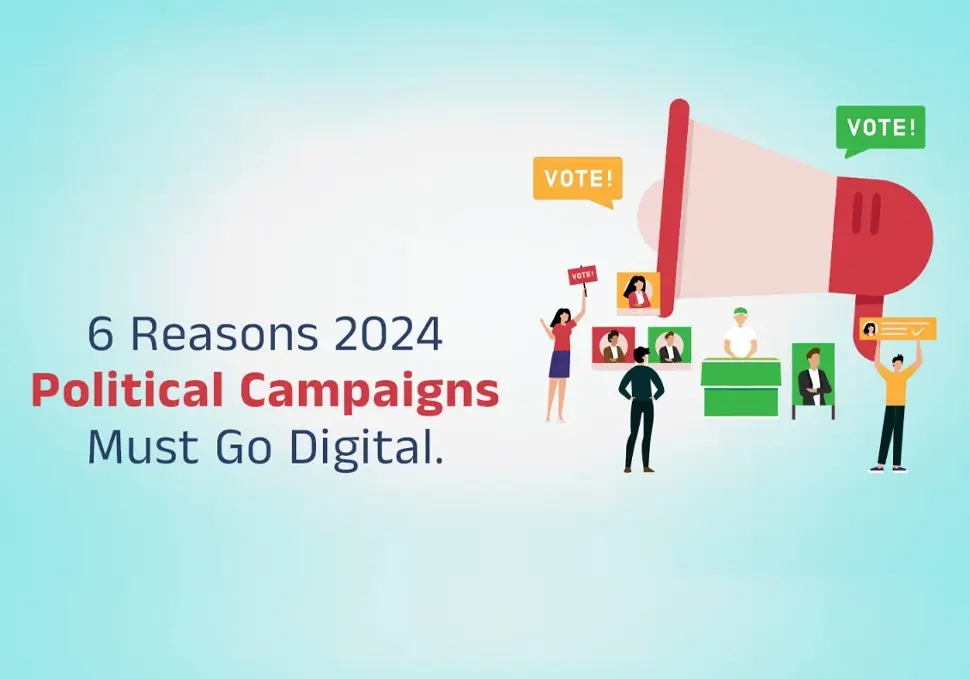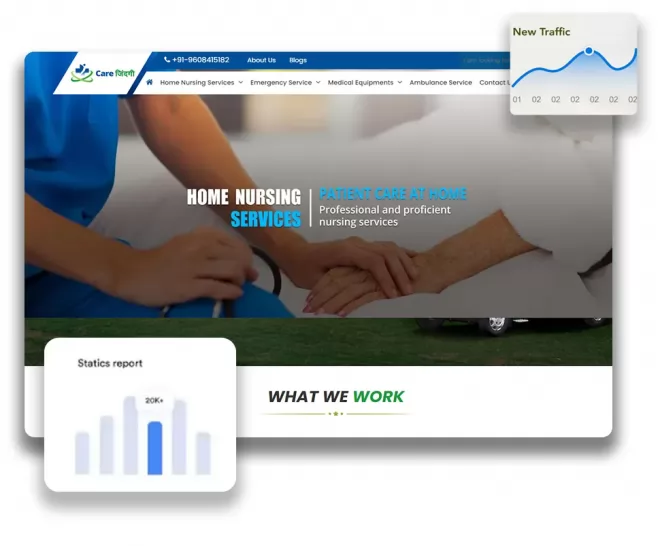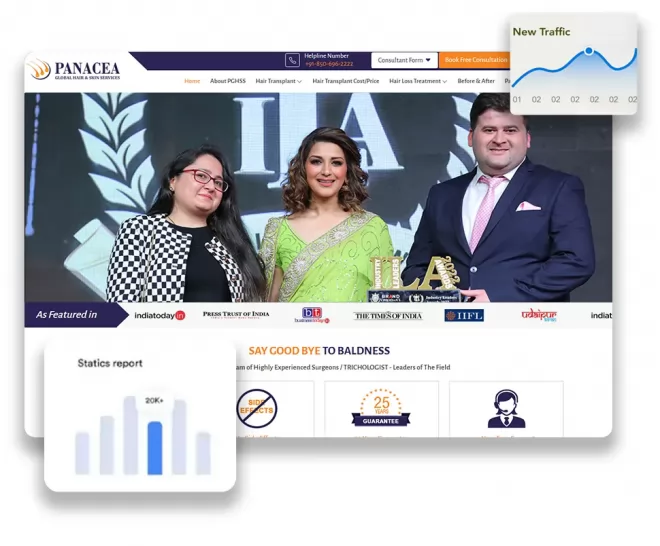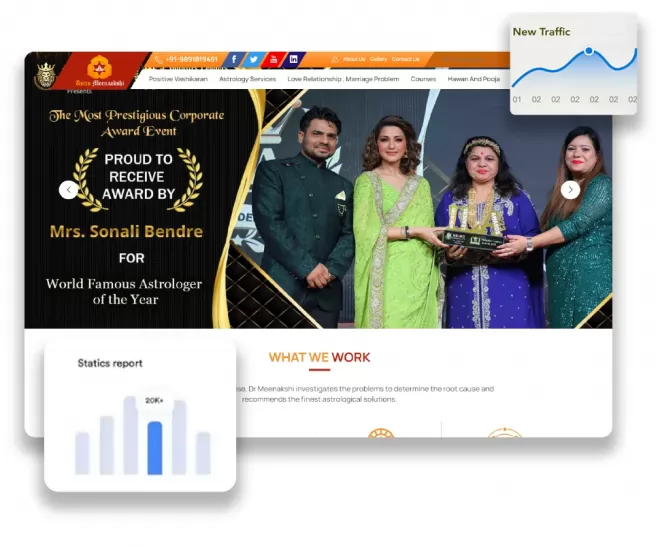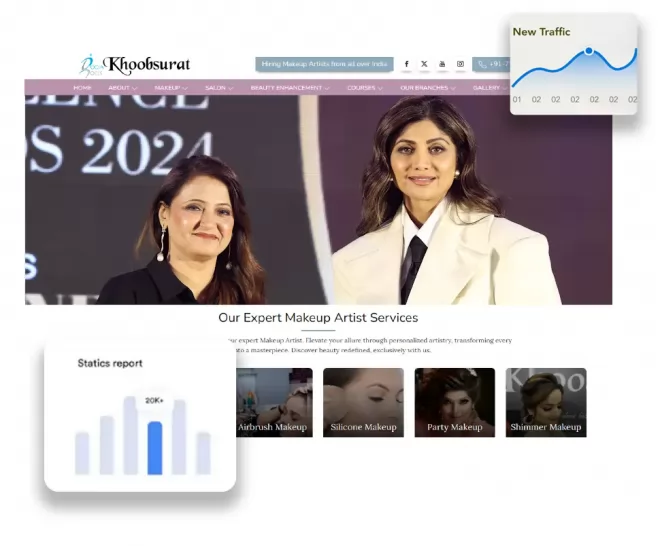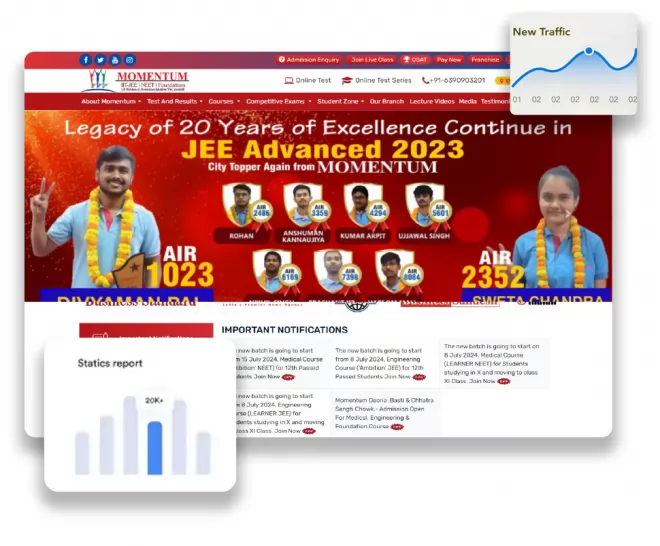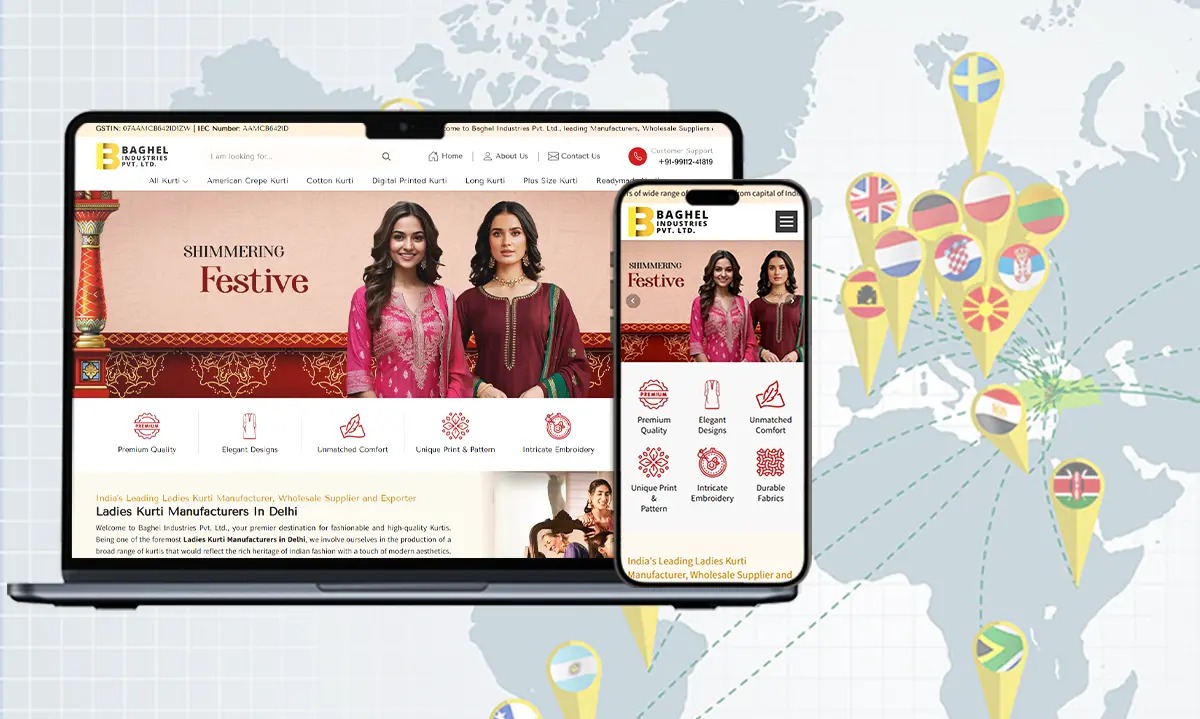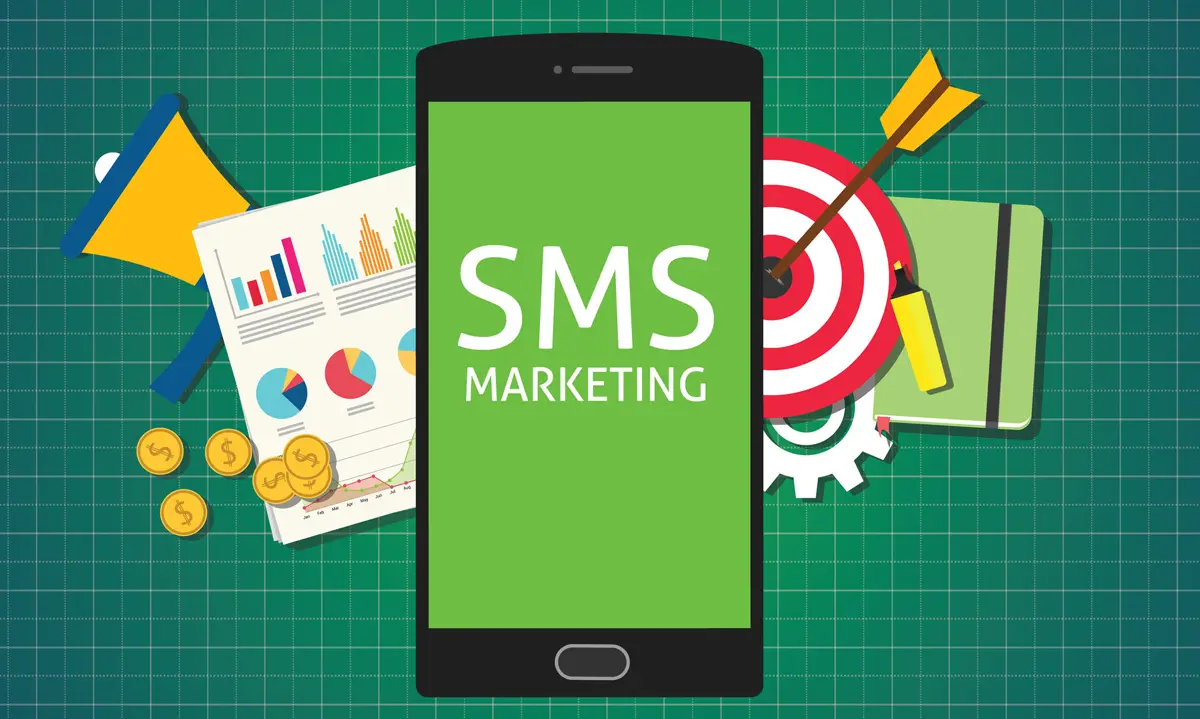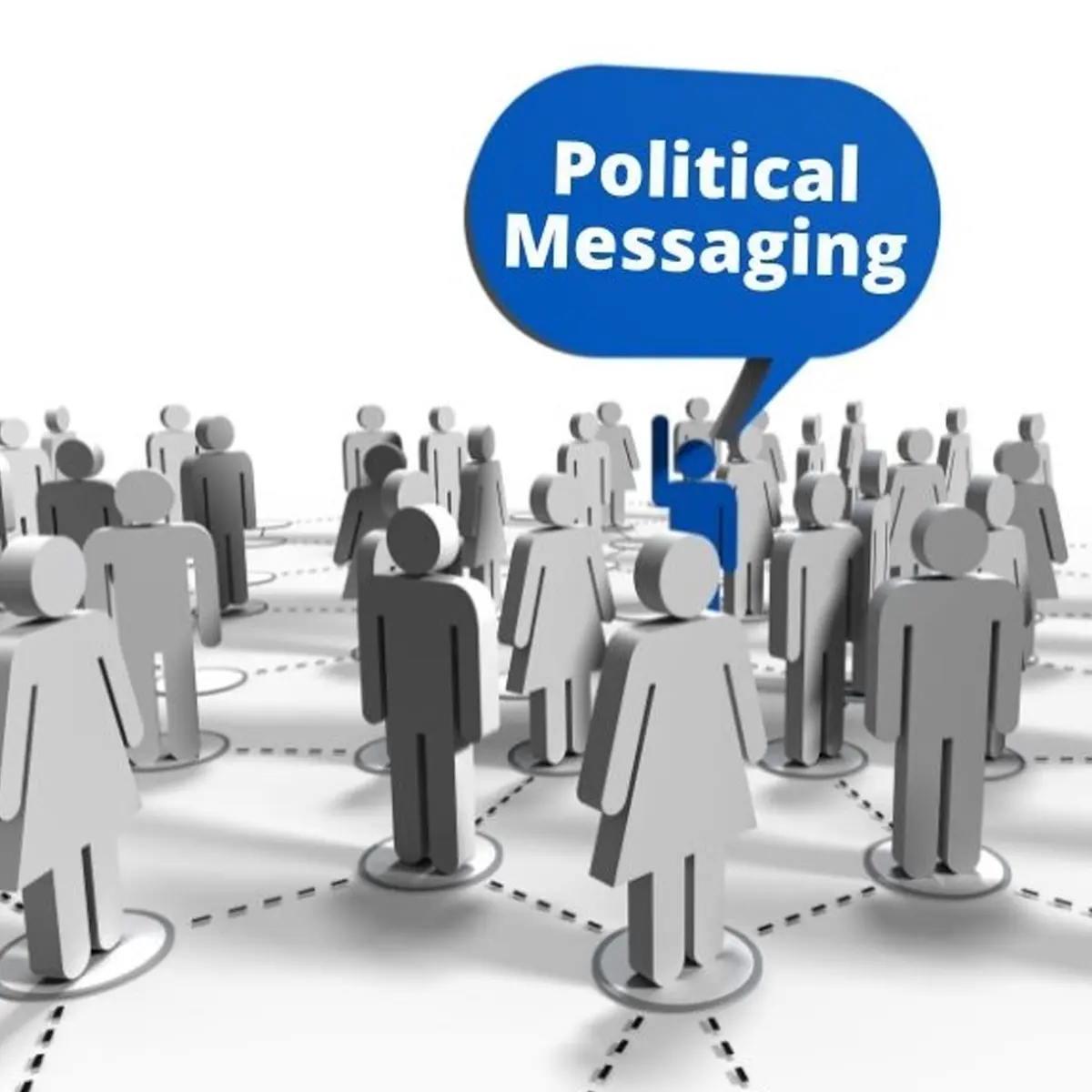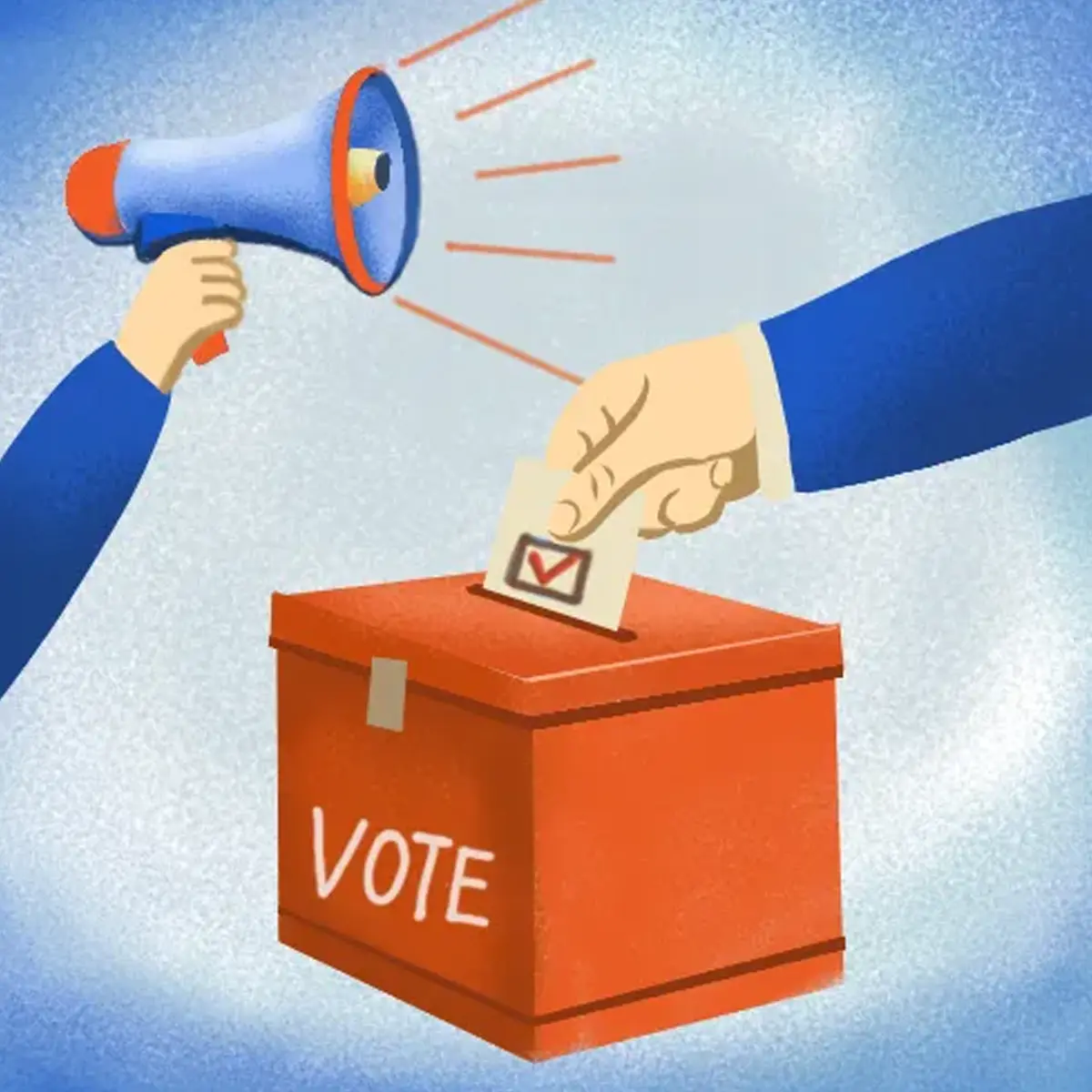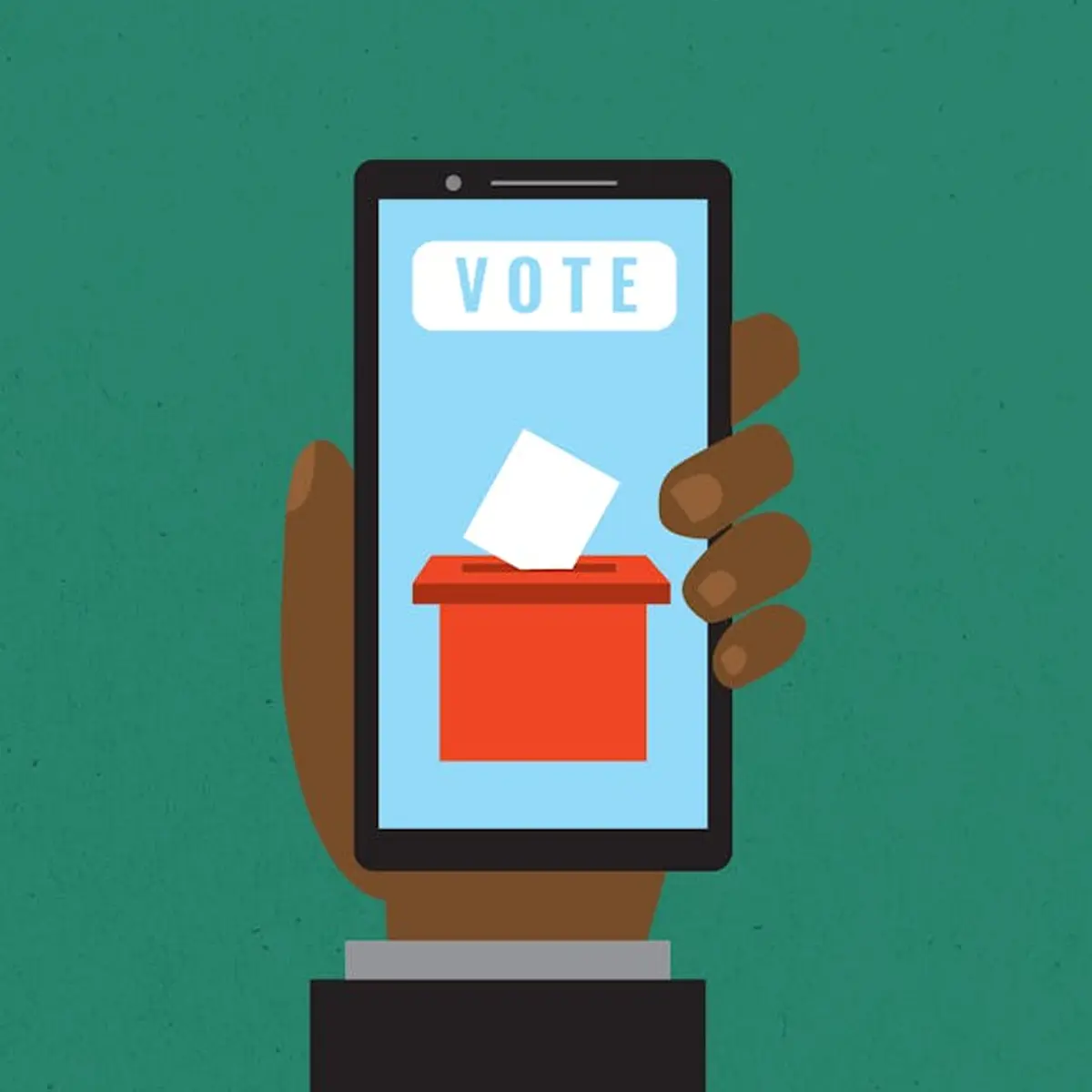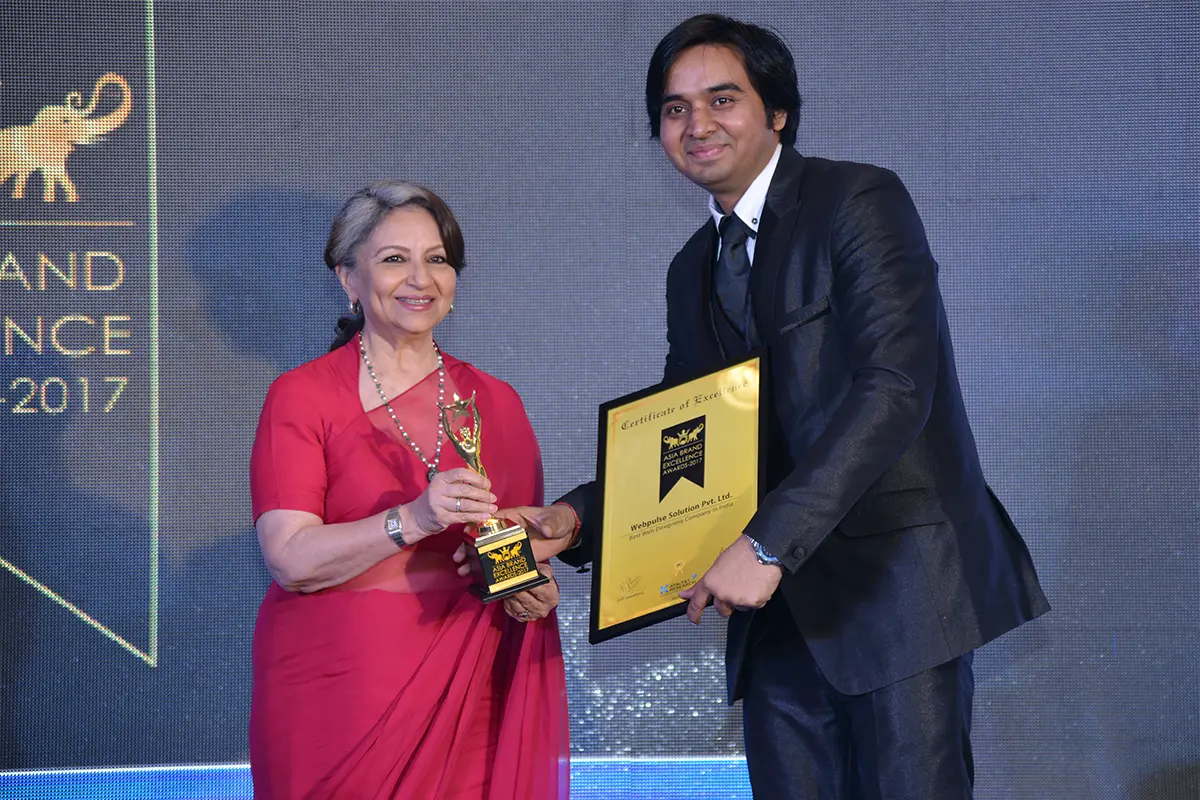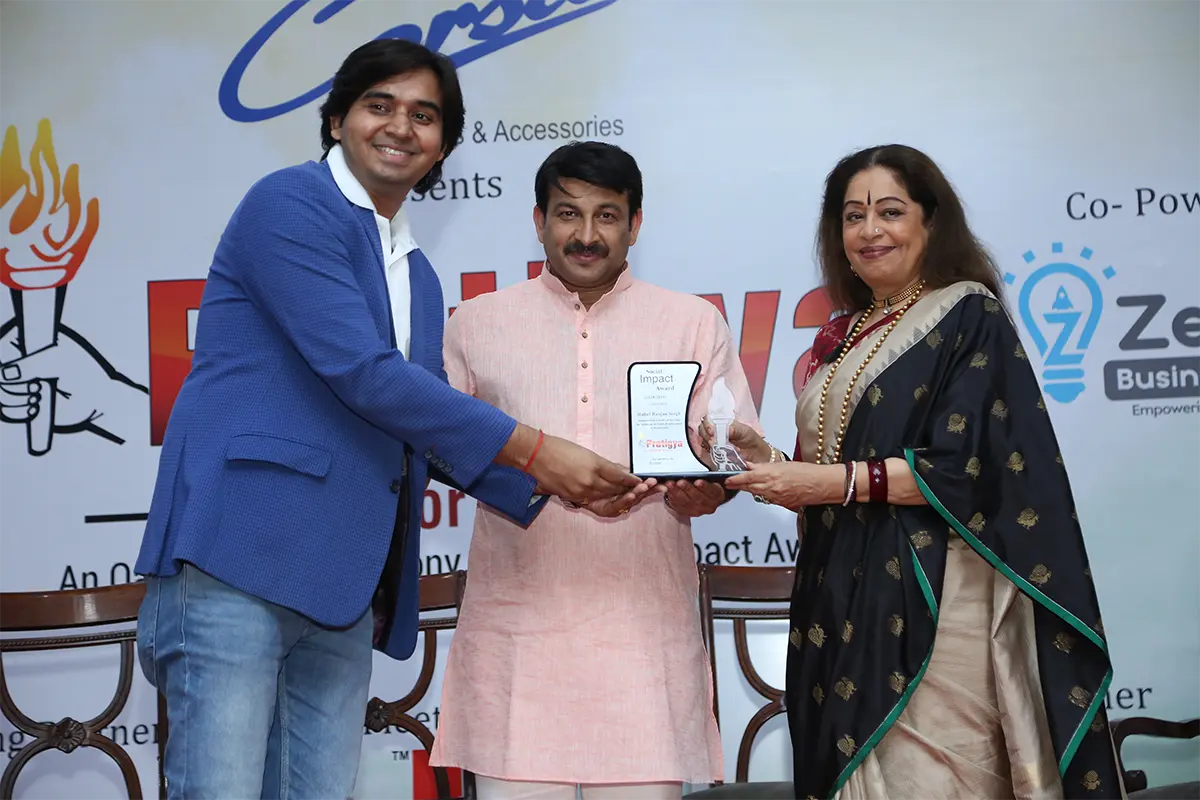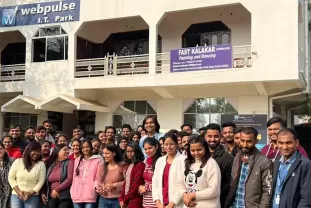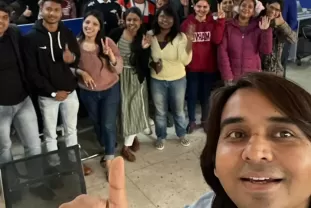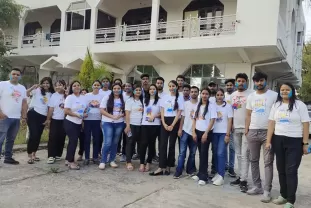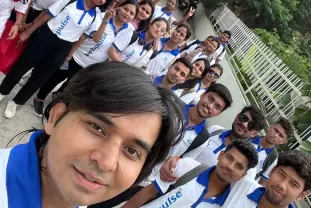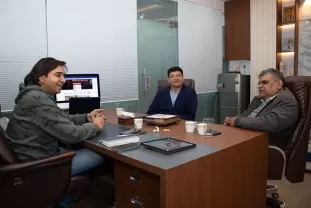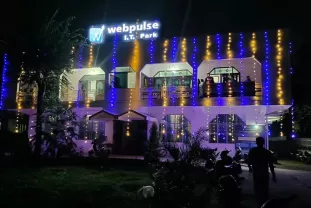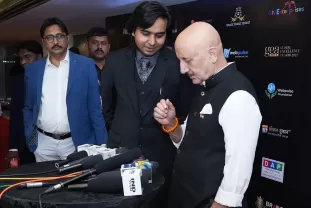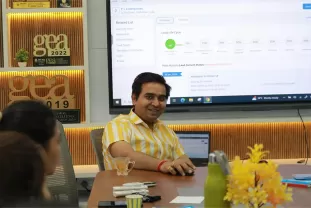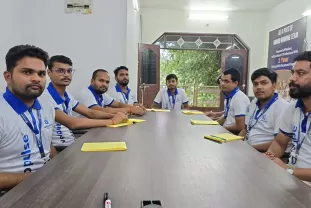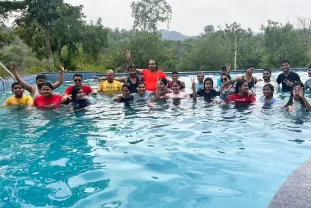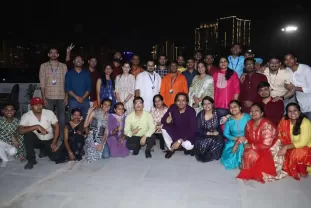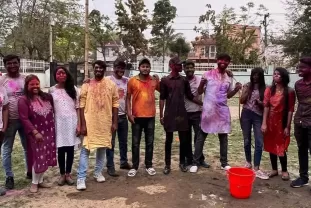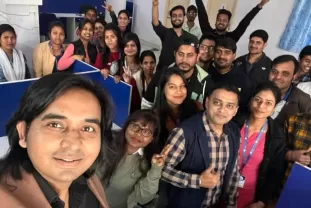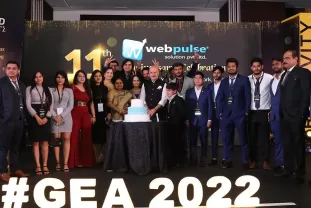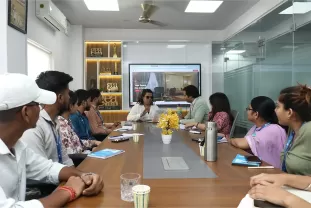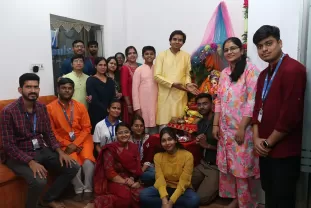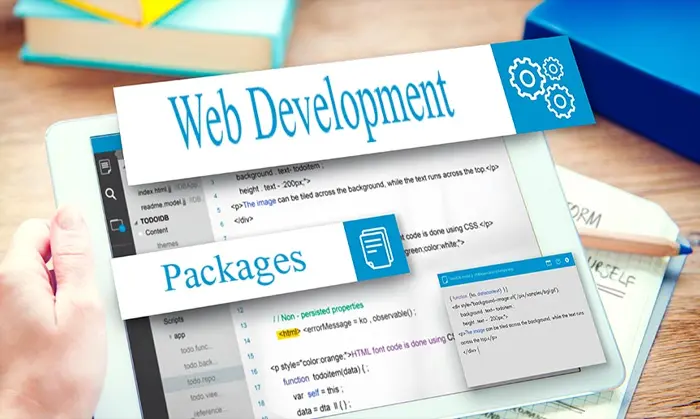Campaign Strategy Development

The first step in our political campaign marketing process is developing a robust strategy that aligns with the candidate's vision, goals, and values. This involves deep research into the electorate, understanding key issues, and identifying target voter segments. We conduct SWOT (Strengths, Weaknesses, Opportunities, Threats) analysis to assess the political landscape and devise a clear, actionable strategy. A well-rounded campaign strategy includes key messaging, branding elements, and the best communication channels. We also analyze opponents and local dynamics to position the candidate effectively. The strategy is always tailored to reach different voter groups, considering age, demographics, interests, and concerns. Once the strategy is in place, we create detailed action plans with timelines and allocate resources accordingly. This ensures that every campaign move is aligned with the candidate's ultimate goal of winning the election, keeping the focus on key issues while engaging and persuading voters effectively.
Target Audience Identification

Identifying and understanding the target audience is crucial to ensuring that political messaging resonates effectively with voters. We begin by gathering data on voter demographics, including age, income, location, education level, and voting history. This research helps us define voter personas, which represent key groups within the electorate. By segmenting voters based on issues that matter to them, we tailor specific messages that address their concerns. For example, younger voters may care more about education or climate change, while older voters might be more focused on healthcare and retirement security. We use various research tools and polls to determine which issues are top priorities for each group. Through targeted outreach, we ensure that each group receives messages that speak directly to their values and needs. Proper segmentation and audience targeting maximize engagement, making political campaigns more efficient and ensuring that messages reach the right individuals at the right time.
Political Messaging

Effective political messaging is at the core of any successful campaign. We craft compelling messages that align with the candidate's values, resonate with the target audience, and address the most pressing issues. The process starts by identifying key talking points based on voter concerns, political trends, and campaign objectives. We create clear, concise, and persuasive messages that communicate the candidate’s stance on important topics. The messaging needs to be consistent across all platforms—whether in speeches, social media posts, or TV ads—ensuring that voters understand the candidate's platform. Additionally, we emphasize emotional appeals, connecting with voters on a personal level, and addressing their desires, fears, and hopes for the future. The language and tone are carefully chosen to match the intended audience, ensuring relatability and trust. Once the messaging is finalized, it’s incorporated into all campaign materials, helping to build a coherent narrative that strengthens the candidate’s position and encourages voter support.
Social Media Strategy

Social media has become one of the most powerful tools in modern political campaigns, allowing candidates to reach voters directly. Our approach begins with identifying which platforms are most popular with the target audience. We then develop a strategy that uses these platforms to engage voters, share messages, and build a strong online presence. Social media content includes everything from polls and memes to live Q&A sessions and behind-the-scenes campaign updates. We ensure that content is tailored for each platform, taking into account the format and audience behavior. Regular updates, consistent branding, and timely responses to comments and questions build trust and engagement with followers. Social media ads are also targeted to specific demographics, ensuring that key messages are seen by the right people. By actively monitoring analytics, we continuously refine the strategy, ensuring that the campaign reaches as many potential voters as possible while maintaining an engaging, authentic online presence.
Campaign Website Development

A dedicated campaign website serves as the central hub for all campaign-related information, providing voters with everything they need to know about the candidate. Our first step in website development is creating a user-friendly, mobile-responsive site that effectively communicates the candidate's platform, values, and key messages. The website includes essential sections such as biography, policy positions, upcoming events, and donation opportunities. We also incorporate call-to-action buttons for signing up for newsletters, volunteering, or donating to the campaign. Additionally, the site is optimized for search engines (SEO), ensuring it ranks well for relevant searches. We ensure that the design is consistent with the candidate’s brand identity, using colors, fonts, and images that evoke trust and confidence. Security features are implemented to protect sensitive voter data and prevent cyberattacks. By combining functionality with a strong design, the campaign website serves as a valuable resource for voters and a tool for engagement.
Content Creation & Distribution

Compelling content is key to maintaining voter engagement and reinforcing campaign messages. We create a variety of content types tailored to the interests of the target audience, such as blog posts, videos, infographics, and podcasts. Each piece of content is designed to inform, persuade, and inspire action. For instance, videos may focus on the candidate’s personal story, while blog posts provide detailed analyses of policy positions. We distribute this content through multiple channels, including the campaign website, social media, email newsletters, and third-party websites. Our content distribution strategy ensures that the message reaches a broad audience, including potential voters who may not be actively engaged on social media. By using data-driven insights, we analyze which types of content resonate most with different voter groups, optimizing our approach for maximum impact. The goal is to keep voters informed, build a relationship with them, and drive action, whether it's voting, donating, or volunteering.
Fundraising Campaigns

Raising funds is essential to sustaining a political campaign, and our approach to fundraising focuses on creating trust and motivating supporters to contribute. We start by identifying key donor segments and crafting tailored messaging that emphasizes the importance of financial support. We design multiple fundraising strategies, such as small-dollar donations, major donor outreach, online fundraising events, and direct mail appeals. Our process includes creating engaging donation pages on the campaign website, offering multiple ways for people to contribute (credit card, PayPal, bank transfer), and ensuring a seamless donation experience. Email campaigns, social media ads, and targeted outreach help to remind potential donors about the campaign’s goals and accomplishments. Transparency is key, so we ensure donors are aware of how their contributions are being used. We also provide incentives such as exclusive event access or recognition to incentivize donations. Fundraising is vital for advertising, outreach, and other campaign expenses, so we prioritize efficiency and maximization.
Event Marketing

Events are a powerful way to engage directly with voters, promote the candidate’s platform, and mobilize supporters. We assist in planning, organizing, and executing various campaign events, such as rallies, town halls, fundraisers, and meet-and-greet sessions. Each event is designed to create opportunities for face-to-face interaction with voters, build excitement, and allow the candidate to connect with constituents personally. Event marketing involves promoting these events across multiple channels, including social media, email newsletters, and the campaign website. We ensure that every event aligns with the overall messaging and strategy of the campaign, enhancing the candidate’s visibility and appeal. During the event, we capture content such as photos, videos, and live streams to continue engaging voters post-event. Effective event marketing helps create momentum, rally supporters, and build excitement leading up to the election, while also providing opportunities for donations, volunteer sign-ups, and direct feedback from voters.
Voter Engagement & Mobilization

Engaging voters is not just about communicating a message; it's about building lasting relationships and ensuring that voters are motivated to take action. We focus on ongoing voter outreach through targeted communication, including emails, phone calls, text messages, and in-person canvassing. Our team ensures that voters are informed about where and how to vote, making sure they understand deadlines, voting procedures, and their polling location. We also encourage participation in the electoral process by addressing voter concerns, answering questions, and providing reminders. Our goal is to turn supporters into active participants by encouraging them to volunteer, attend events, and spread the word about the candidate. We leverage data to track voter engagement and identify potential gaps in outreach. Our mobilization strategies aim to increase voter turnout, ensuring that those who are most likely to support the candidate are motivated to show up and cast their ballots.
Performance Monitoring & Optimization

To ensure that the political campaign is on track and reaching its objectives, performance monitoring is crucial. We track key performance indicators (KPIs) such as website traffic, social media engagement, ad impressions, fundraising success, and voter outreach. Using analytics tools, we continuously monitor the effectiveness of various strategies, campaigns, and content pieces. We review the data to identify what’s working well and what needs improvement. Regular performance evaluations help us optimize tactics, reallocate resources, and adjust messaging in real-time. This flexibility ensures that the campaign remains relevant and responsive to any shifts in the political landscape. Additionally, feedback from events, voter surveys, and focus groups allows us to make adjustments to campaign strategies, ensuring that the campaign remains dynamic and effective in the final stretch leading up to Election Day. Monitoring and optimization ensure that the campaign stays on target for maximum voter engagement and success.




